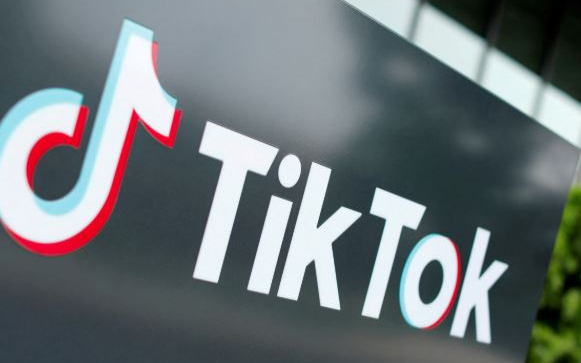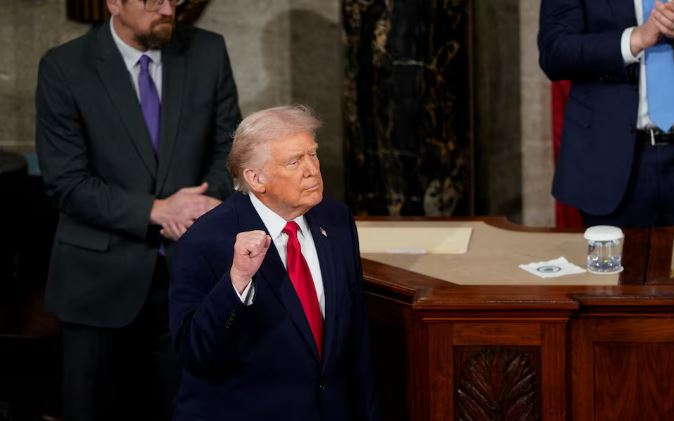谁将撑控美国 TikTok

谁将撑控美国 TikTok?
TikTok 在美国的命运,近年来持续成為国际焦点。2024 年,美国国会通过《保护美国人免受外国敌对应用控制法》,要求受
根据最新协议草案,TikTok 在美国的运营将交由美国企业主导。包括 Oracle 与 Silver Lake 等公司将参与其中,负责演算法与用户数据的安全管理。新设立的美
未来 TikTok 在美国的控制权,将呈现多方角力:
• 美国企业 负责实际经营与技术掌控;
• 美国政府 透过法律与监管维持主导地位;
• 字节跳动 可能仅保有有限股权或技术授权;
• 司法机构 仍可能因宪法或隐私争议再度介入。
总的来说,美国 TikTok 将进入「美国化」新局,平台虽可继续存在,但其走向已不仅是商业
Who Will Control TikTok In The U.S.?
TikTok’s fate in the United States has remained a major geopolitical flashpoint. In 2024, Congress passed the Protecting Americans From Foreign Adversary Controlled Applications Act, requiring apps deemed controlled by foreign adversaries to divest or face a U.S. ban. TikTok, owned by China-based ByteDance, quickly became the central target. Although the company challenged the law in court, the U.S. Supreme Court upheld the legislation, forcing TikTok to confront the reality of “Americanization.”
According to the latest proposed agreement, TikTok’s U.S. operations will be placed under American control. Companies such as Oracle and Silver Lake are expected to take the lead in managing its core algorithm and safeguarding user data. A new U.S.-based board will oversee operations with seven seats — six held by Americans, and just one reserved for ByteDance. The goal is to ensure the platform is no longer subject to direct influence from China.
The future control of TikTok in the U.S. will rest on a balance of power among several actors:
• American companies, responsible for business operations and technical management;
• The U.S. government, providing oversight through laws and regulations;
• ByteDance, retaining only limited equity or technical licensing rights;
• The judiciary, which could re-enter the fray if new constitutional or privacy challenges arise.
In short, TikTok’s U.S. business is moving toward a new “Americanized” model. While the app may survive, its trajectory is now less a commercial question and more a reflection of the ongoing U.S.-China rivalry in technology, data, and national security.






























